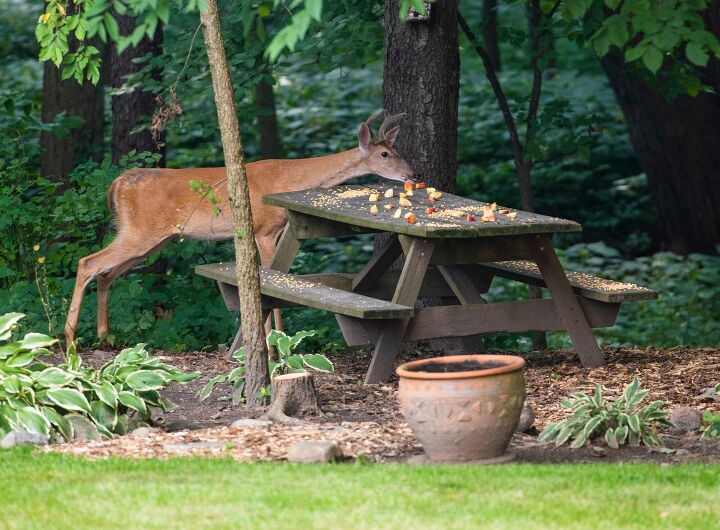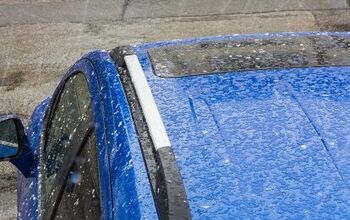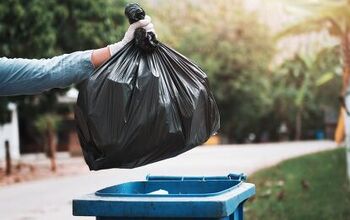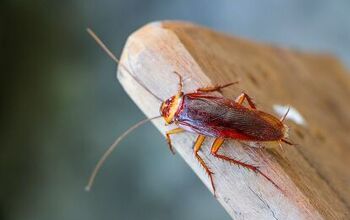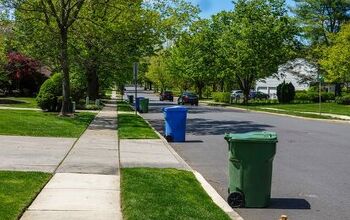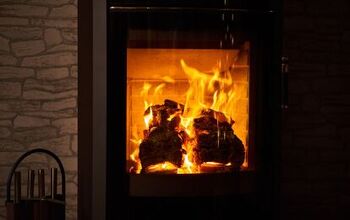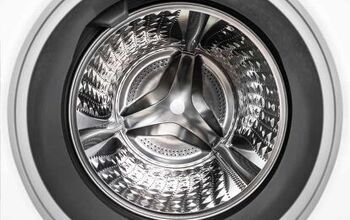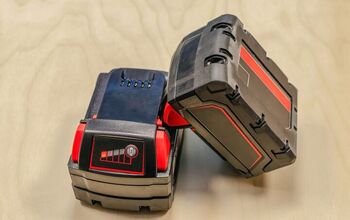What Can I Feed Deer In My Backyard?

Deer are often thought of as beautiful and majestic creatures. They are non-threatening in most cases and often pass through our yards. Many homeowners have asked themselves the question: what can I feed deer in my backyard?
You can feed deer in your backyard with kale, nuts, fruit, and deer feed. Acorns, pecans, walnuts, beechnuts, and hickory nuts are safe to feed deer. Fruits like bananas, grapes, apples, strawberries, and plums can help deer store fat reserves, which are necessary for cold weather. You can also safely give deer feed, which is available in stores and contains oats, vitamins, and minerals.
Never feed them daffodils, jimsonweed, or wisteria, as they are all poisonous to deer. Keep in mind that overfeeding deer in your backyard can make them dependent and they will have them coming back.
Follow along as we explore what you can feed deer in your backyard and highlight the health benefits.
Should You Feed Wild Deer In Your Backyard?
There is a lot of debate about whether feeding deer in your backyard does more harm than good. Some people make the case that you harm the deer by making them dependent on your backyard as a food source. Of course, this only applies to people who regularly feed deer in their backyard or make it easy for them to access food.
Others defend feeding wild deer as a way to prevent starvation and encourage a healthy diet. Depending on the area and how developed it is, there is a chance that the deer no longer have a steady source of food, so the backyard may help them. With that said, many naysayers have pointed out that you can make the deer vulnerable to predators if you feed them in your backyard.
This includes anything from neighborhood dogs to coyotes. Many homeowners think it is worth it to feed wild deer in their backyards. You are unlikely to harm the deer in most cases unless you feed it food that it cannot eat or feed it when there are aggressive animals around.
What Can You Feed Deer In Your Yard?
Kale
Whether you leave it out or grow it, deer are likely to eat kale in your backyard. Many homeowners that grow kale don’t know how to keep wild deer away from it. This can be annoying if it affects your ability to grow kale, but the deer will love it.
Deer eat kale in nature all the time, so they are likely to stop and at least graze for a while if they come across it in your backyard. However, deer often pick other leafy greens over kale if they are nearby, such as spinach and lettuce.
Loaded with protein, folate, manganese, and fiber, kale is a well-rounded food source for deer. Kale produces oxalates that deter some animals, but deer don’t typically seem to mind.
Nuts
Deer commonly eat a wide variety of nuts in the wild. Because of that, it is helpful to leave out nuts for them during the late fall and winter when they aren’t abundant in nature. Hickory nuts, walnuts. beechnuts, acorns, and pecans are among the most common types of nuts that deer eat.
The high mineral and nutrient content of most nuts is what makes them so healthy for deer. Nuts also typically contain plenty of protein and fiber, which are both necessary for any mammal to consume. While you don’t want deer to become dependent on your backyard, it can help them out quite a bit if you leave some nuts out for them during the winter.
Fruit
Whether it be pears, apples, bananas, strawberries, plums, or grapes, it is safe to feed deer most fruits. Fruit can promote energy and it should be an essential part of their diet going into the winter. Deer will burn off lots of fat during the winter when their diet isn’t as substantive, so they need to eat as much fruit before then as possible.
This will keep them energetic and active during the winter. Feeding deer fruit in your backyard during the winter can keep them energized even if they have a good fat reserve. Deer love berries of nearly any kind and apples are a staple of their diet in many regions.
Deer Feed
Store-bought deer feed may not grow on trees, but it’s affordable and safe to feed deer in your backyard. It typically consists of a mixture of soybeans, alfalfa, cracked corn, and oats. Ingredient combinations for deer feed vary between brands.
Nearly every type of deer feed that you can buy is also infused with important minerals and vitamins. These vitamins can help support their immune systems and promote healthy growth. Deer feed is especially helpful to deer during the winter when their diet isn’t quite as nutritious.
During the winter, deer typically survive off twigs and grass, which isn’t as useful as their diet when plants are thriving. Supplementing their diet during the winter can help them survive the season so that they are doing well by the time spring and summer come around.
What Foods Are Poisonous to Deer?
Jimsonweed, daffodils, milkweed, and wisteria are among the most poisonous foods to deer. Philodendrons are also harmful to deer and quickly produce negative effects when eaten. Each of these plants can cause severe nausea and gastrointestinal upset in mild cases and death in severe cases.
While not poisonous, many aromatic plants, such as thyme and lavender, can also make deer sick. Deer typically avoid herbal plants with a strong smell, but young deer sometimes make the mistake and pay for it later. Many homeowners purposely plant aromatic herbs near valuable plants to keep deer away from them.
Deer also eat thorny plants by mistake in some cases and while they aren’t typically poisonous, they can cause injury and illness.
Why Do Deer Keep Coming Back To My Yard?
Deer will keep coming back to your yard if you feed them or have plants that they like to eat. Orchard grass and clover are two of the top plants that attract deer to your yard. Leafy plants and trees that produce acorns can also explain why deer keep coming back.
You can use everything from floodlights to garlic extract to deter deer. However, the best option is to build a fence if possible or else the deer will keep coming back in most cases.
Summing It Up
It’s safe to feed deer in your backyard with everything from nuts and fruit to kale and deer feed. Don’t feed deer daffodils, milkweed, jimsonweed, or wisteria as these are toxic to them.
Try not to feed deer in your backyard too often or they may become dependent on you and struggle to thrive on their own. You can keep deer out of your backyard if you build a fence or plant many aromatic flowers that are off-putting to them.
Related Guides

Nick Durante is a professional writer with a primary focus on home improvement. When he is not writing about home improvement or taking on projects around the house, he likes to read and create art. He is always looking towards the newest trends in home improvement.
More by Nick Durante



